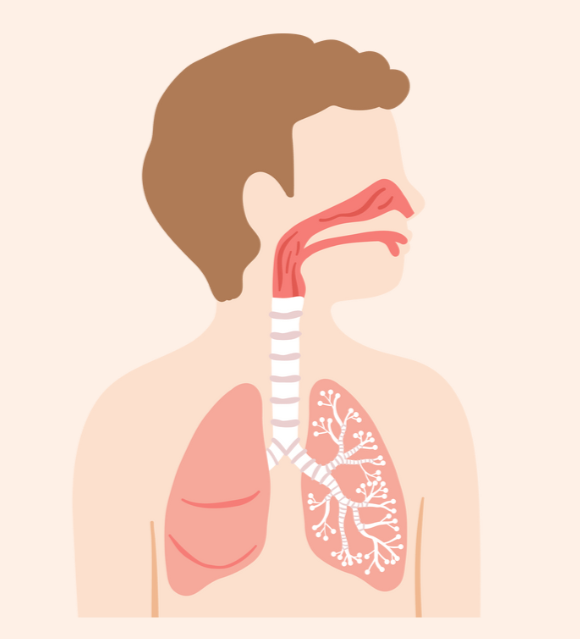
"One man's food is another man's poison" is a familiar and centuries old saying which simply states that different people can have very different reactions to exactly the same food.

Unlike food allergies, in which the reaction is generally more obvious and quick to occur, food sensitivities are often more difficult to identify as symptoms may not arise for up to 72 hours.
Common symptoms of food sensitivity include:
- Gas
- Bloating
- Indigestion
- Constipation and/or Diarrhea
- Stomach cramps
- Heartburn
- Fatigue
- Skin conditions (eczema, psoriasis, acne)
- Headaches
- Respiratory symptoms (sinusitis, rhinitis, frequent coughs and colds)
- Brain fog, anxiety and/or depression
- Joint pains/aches
If you have any of these symptoms you may have a food sensitivity. An IgG test (finger prick) or an elimination diet would be able to tell you which foods you should avoid. The most common trigger foods include:
- Dairy (milk, yogurt, cheese)
- Wheat and Gluten
- Soy
- Corn
- Nightshade Vegetables (tomatoes, potatoes, peppers, mushrooms)
- Some Fruits (strawberries, citrus, bananas)
Food Sensitivities and the Body
It is important to find out of any food sensitivities because not only can it present unfavourable symptoms, it can cause nutritional deficiencies and aggravate irritable bowel syndrome, fibromyalgia, chronic fatigue, asthma, and arthritis. Here is how eating “toxic” foods can affect your digestive system.
Stomach
The beginning of food digestion occurs in the stomach. The stomach has a protective layer which protects it from the stomach acid. The acid in the stomach is important part in breaking down food particles. When you eat foods you are sensitive to it can produce an area of inflammation causing sores on the stomach wall and a decreased amount of stomach acid resulting in improper breakdown of food in the stomach. When food is improperly broken down in the stomach, large undigested particles are transported to the intestines where they cause additional inflammation. Along with sensitive foods, alcohol consumption and non-steroidal anti-inflammatories (NSAIDs), such as aspirin, can also destroy the stomach lining causing stomach inflammation and inadequate digestion of food. Medications that decrease stomach acid production also decrease the ability to digest food properly.
Intestines
Your small intestine receives the food from your stomach, processes it further and then selectively and carefully takes into your body only those nutrients your body needs. Once inside your body, these nutrients get transported to the tissues that need them. The barrier function in your small intestine works well most of the time. However, eating foods you are sensitive to can cause inflammation in the intestines resulting in a condition called “leaky gut” “Leaky gut” allows molecules that normally wouldn't get into your body to sneak through resulting in less vital nutrients to be absorbed and more food sensitivities to occur. Chronic stress can also cause leaky gut.
Supplements that can help heal your digestive system:
- Probiotics
- Glutamine
- Aloe
- Deglycyrrhizinated licorice (DGL)
- Slippery elm
- Marshmallow root
- Digestive enzymes
Source: http://www.whfoods.com/genpage.php?tname=faq&dbid=30




























































































































































































































































































